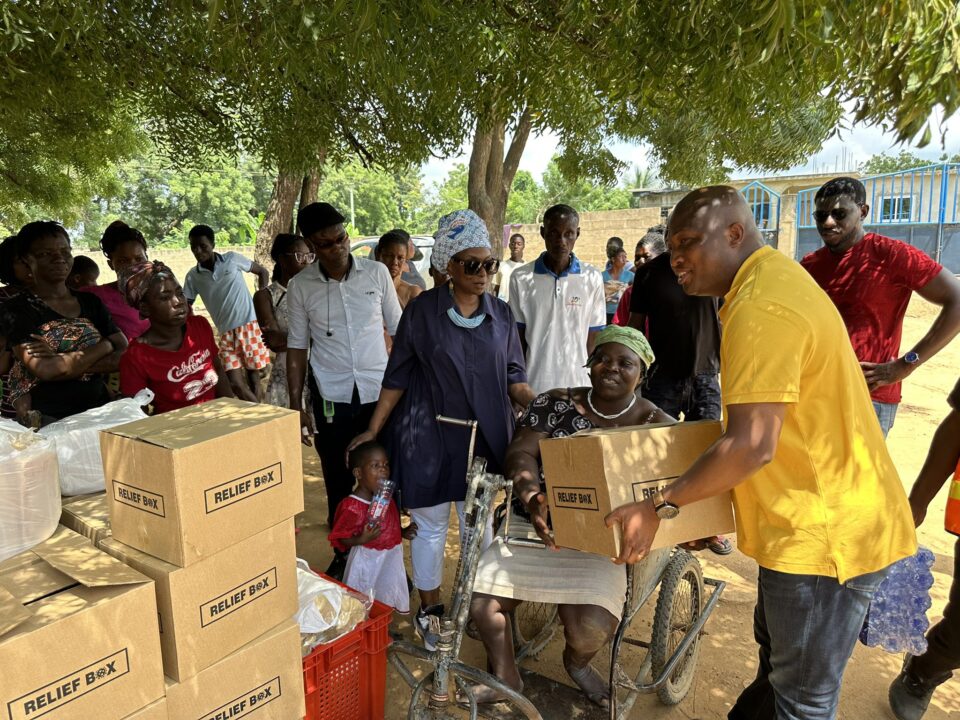- Filter by
- Categories
- Tags
- Authors
- Show all
- All
- academia
- accountability
- adaptation
- afghanistan
- aid
- aid effectiveness
- architecture
- Argentina
- asylum-seeker
- budget
- bureaucracy
- business
- capacity sharing
- child protection
- children's rights
- citizen engagement
- citizen participation
- citizen voice
- climate c
- climate change
- colombia
- community
- community development
- comparative development
- conflict
- cooperation
- COP21
- COP26
- corporations
- Covid-19
- data
- decision-making
- decolonisation
- Democratic Republic of Congo
- developing countries
- development
- development co-operation
- development effectiveness
- development finance
- dialogue
- disaster preparedness
- disaster response
- domestic resource mobilisation
- donors
- DRC
- economic empowerment
- emergency preparedness
- employment
- entrepreneurship
- equality
- espanol
- EU
- evaluation
- feedback loops
- feminism
- français
- gender
- gender equality
- gender-based violence
- global development
- gpedc
- grand bargain
- Haiti
- health
- homeless
- housing
- human rights
- humanitarian aid
- humanitarian effectiveness
- ICT4D
- inclusion
- indirect cost recovery
- inequality
- information
- INGOs
- innovation
- integration
- international cooperation
- international humanitarian law
- jobs
- Kenya
- knowledge
- language
- least
- least developed countries
- LGBTI
- local aid workers
- local development
- local NGOs
- localisation
- men
- mental health
- mexico
- migrants
- migration
- mining
- minorities
- mirps
- multinationals
- natural disasters
- negotiations
- NGOs
- Nigeria
- Northern
- ODA
- OECD
- ownership
- Pacific
- participation
- participatory methods
- partnerships
- peace
- perceptions
- perceptual data
- perspectives
- philanthropy
- Philippines
- policy
- policymaking
- politics
- poverty
- power
- protection
- racism
- RDC
- refugees
- representation
- Republique Democratique du Congo
- resilience
- responsiveness
- rights
- sexual abuse
- sexual harassment
- social accountability
- social justice
- solidarity
- South-South cooperation
- Southern
- southern voices
- statistics
- sustainable development
- sustainable tourism
- Syria
- Tanzania
- tax
- time
- transparency
- Uganda
- Ukraine
- UN
- united nations
- Vietnam
- water and sanitation
- women
- women's rights
- world food day
- world humanitarian summit
- youth
April 29, 2024
Published by Farida Tchaitchian Bena at April 29, 2024
Categories
Director of the Akiba Uhaki Foundation, or East African Human Rights and Social Justice Fund, based in Nairobi, Kenya. Ezra is also a Mason Fellow of the Kennedy School of Government at Harvard University and an alumnus of the Kellogg International Leadership Program. He has already contributed to this blog here. Here is a short summary of our conversation on how African organisations like Akiba Uhaki can and should engage international donors differently to hold them accountable for the aid they promise.
January 22, 2024
Published by Farida Tchaitchian Bena at January 22, 2024
Categories
A few months ago, I interviewed Abdul Muheet Chowdhary from the South Centre to discuss the ongoing negotiations on a landmark United Nations tax agreement that […]
November 13, 2023
Published by Farida Tchaitchian Bena at November 13, 2023
Categories
Vitalice Meja (or simply Meja, as he likes to be called) is the Executive Director of Reality of Aid Africa, a pan-African civil society initiative to […]
September 10, 2020
Published by Farida Tchaitchian Bena at September 10, 2020
Categories
Before Covid-19, before Black Lives Matter, the aid and development sector was already grappling with massive challenges – the ‘Aid too’ movement, the full-on attack on multilateralism, the toxic narrative against refugees, just to name a few. Yet, there was little questioning where to turn for solutions. The sector has responded to those challenges with a flurry of initiatives based on ‘best practices’ and widely accepted knowledge. Stricter measures have been introduced for higher protection from sexual exploitation and abuse in country programmes. In some cases, policymakers have started listening more to the voices of affected populations; in other cases, they have allowed for refugees’ participation in key policy discussions. Yet, the reforms enacted so far are still fundamentally grounded in traditional Western/Northern notions of what is best for ‘developing’ countries and their people.




